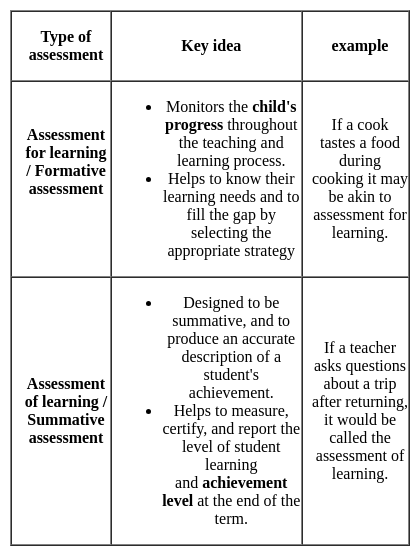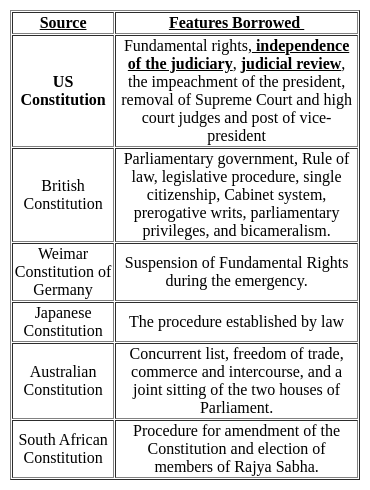KVS TGT Social Science Mock Test - 4 - KVS PGT/TGT/PRT MCQ
30 Questions MCQ Test KVS TGT Exam Mock Test Series 2024 - KVS TGT Social Science Mock Test - 4
Direction: In this question, you need to replace the underlined part of the sentence with the most suitable idiom / expression given as option.
He said that he was a huge fan of the president, although I suspect it was a joke.
शब्द जब वाक्य में प्रयुक्त होने की योग्यता प्राप्त करता है; तो कहलाता है-
| 1 Crore+ students have signed up on EduRev. Have you? Download the App |
निम्नलिखित में से कौन-सा उत्क्षिप्त व्यंजन है?
Where was the 2nd State Level Shehri Samridhi Utsav inaugurated?
The Heisman Trophy is awarded annually to the most outstanding player in which sport?
Directions to Solve
In each of the following questions find out the alternative which will replace the question mark.
Question -
10 : 99 :: 9 : ?
What is the term used when a clip art image changes the direction it faces?
Which of the following statements regarding growth spurt is correct?
I. The growth spurt is completed in girls around the age of 17-19 years.
II. The growth spurt starts in boys around 10-12 years of age.
Suppose you are a teacher and your principal orders you to improve the annual examination result of your class, then you will
Community participation in school culture is essential because ________
Which of the following are the challenges faced by the political parties?
Which of the following terms in the Preamble best describes the notion that The people of India should behave as if they are members of the same family?
Which of the following is/are correct about the National Food Security Mission?
I-It is a Centrally Sponsored Scheme, launched in 2007.
II-National food security Mission (NFSM) has eight components.
Which of the following information is True based on the given information?
Food security is ensured in a country when
(a) everyone gets adequate food at affordable rates
(b) there is no barrier on access the food
Consider the following statements regarding the change in economic activities over the forty years in India:
A. The secondary sector has emerged as the largest producing sector in India, replacing the primary sector.
B. There has been a change in the share of the three sectors in GDP, a similar shift has not taken place in employment.
Choose the correct option:
















